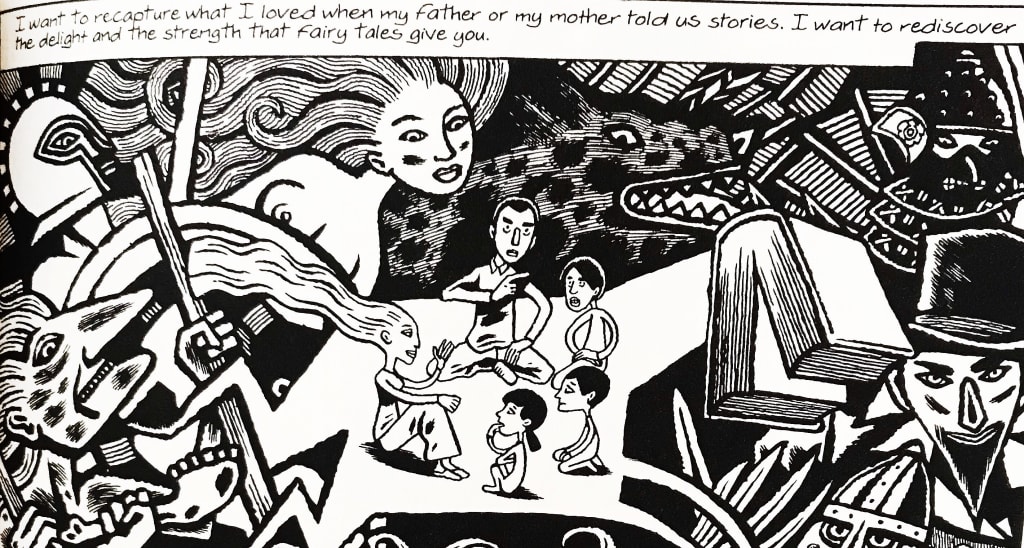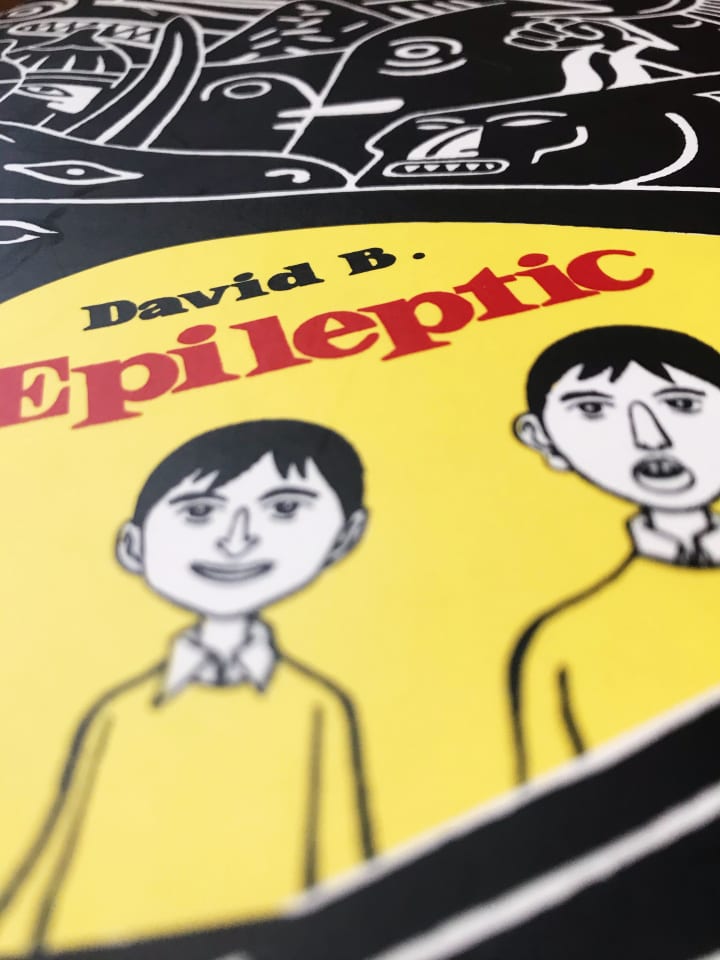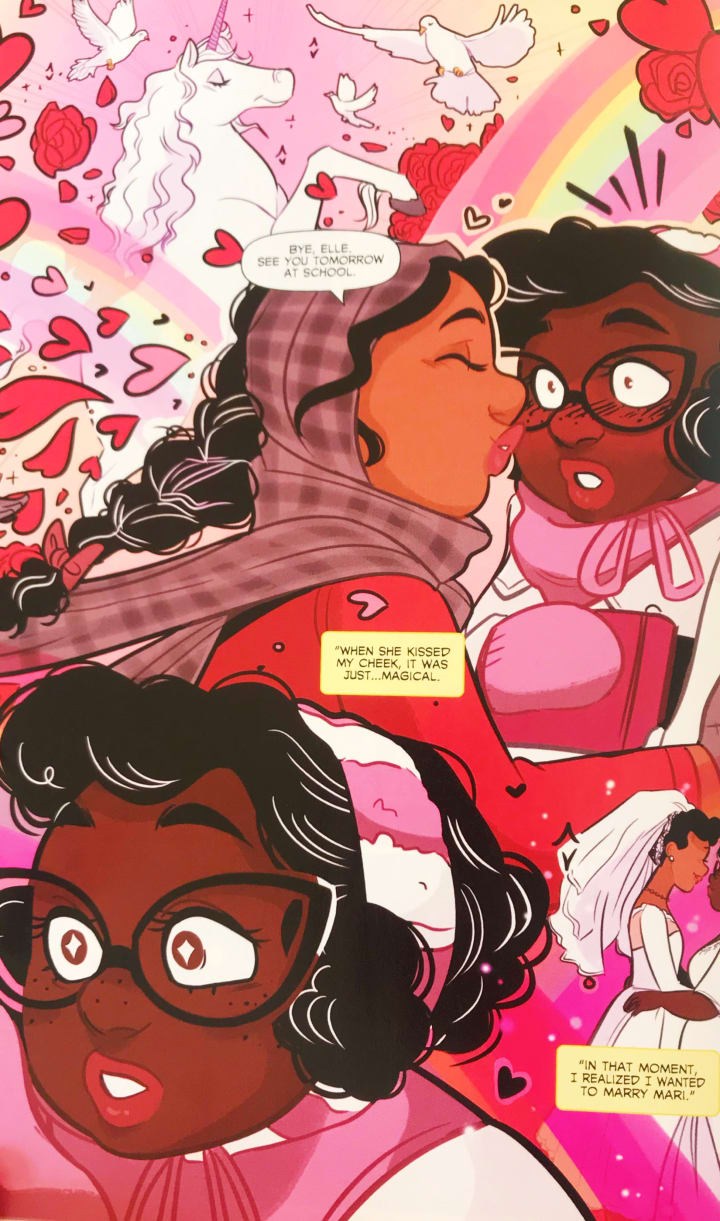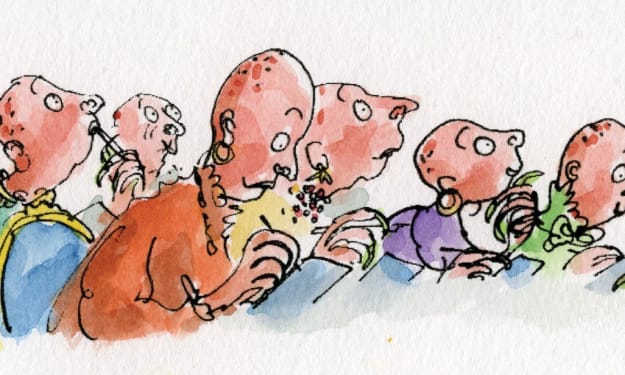
Why is it that when we think comics, we tend to think superhero and villain? Ignoring the Hollywood influence, the answer is physiological. Our species has a long history of sharing stories through the drawn image. Charcoal and limonite on cave walls has transformed into ink on bound glossy paper. Human brains are LATENT with narcissism, making it essential that we see ourselves in the stories we read. Our hopes lie in the hero, our mistakes with the villain, and our endless efforts of self-improvement match that of the classic anti-hero. What about the other aspects of humanity? The full spectrum of love, growing up, illness, and the horror that lies in even the banalest existence.
Horror comics such as 'Ice Cream Man' expose the dark shadow that we all know exists within every suburb. In this series, the shadow takes form of an outwardly friendly ice cream truck driver who delivers “Sunday’s of suffering” in each chapter. The Ice Cream Man’s victims are as flawed and as vulnerable as we are, he only needs to sit back and watch as the humans destroy themselves.
Similar vulnerabilities exist in 'Epileptic', a story about a boys illness told from the perspective of his little brother. The intriguing narrative plunges into the depths of both Chinese traditional, and western medicine. At the root of both lies the question; how much control do we really have over our conditions? How much control do we have over our life in general?

The answer to this question can be sought after in the pages of a good coming-of-age comic. A genre in which Lucy Kinsley excels! Both 'Relish: My Life In The Kitchen' and 'An Age of License' take its reader through the uncomfortable process of growing up. Even though our path may be different than Lucy’s, everyone will find the illustrated home recipes a comfort to combat growing pains.
In the same genre, 'Persepolis' stands out in its bravery and grit. Marjane Satrapi tells her story of growing up in Iran during the Islamic revolution and having to leave her family for Europe, unsure if she will ever see them again. The story is full enough to stop there, but it doesn't. Not if you read 'Persepolis Part Two', where 'Marji' tries to balance her identity and heritage with learning a new way of life, all while fighting xenophobia.
When it comes to LGBTQ+ literature, it is so important to portray the hidden life that is all too common amongst the community. 'Bingo Love' does this perfectly, leading its readers through the intertwined lives of two grandmothers who have been in love since they met in church bingo at the age of thirteen. It being 1963, the two women were forced apart by their families. Mari and Elle grow up and marry men to start a family, knowing their true love lies with each other. Many years later they meet as grandmothers, their passion and love for each other stronger than ever.
True love can be experienced in any form, however, discovering the beautiful love story of two black lesbian grandmothers born in the 1950's feels so rare and is incredibly valuable to any reader.

In the galaxy of comic books, there are so many worlds to jump into. You may even be surprised at which world holds a mirror to your own.
About the Creator
Kasey Rae
Kasey Rae is a New York City filmmaker, writer, and multi-media artist. She focuses on film, mythology, literature, and more.
Art: @femme_galaxy.ink on instagram






Comments
There are no comments for this story
Be the first to respond and start the conversation.